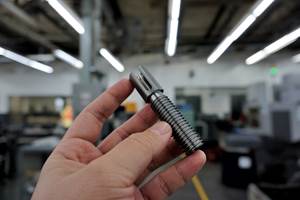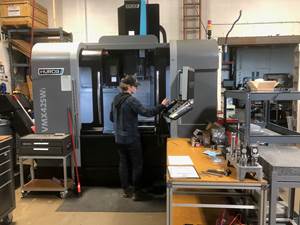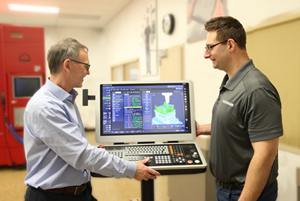ERP System Enables Gearmaker to Achieve Needed Agility
ERP software enabled a New York gearmaker to improve scheduling practices to meet the increasing demands of customers.
For years, Gear Motions managed its business with an enterprise resource planning (ERP) system that lacked the ability to track data in real time. It relied on users to manually input data in order to update the system. Because of this, changes to schedules or supplier deliveries could render it useless. Without real-time information on stock and machine space availability, the company’s ability to accurately quote potential customers suffered at a time when customer demands were increasing.
Three divisions comprise western New York’s Gear Motions, which distributes its products domestically and abroad. The company’s services include gear grinding and cutting; turning; milling and drilling; broaching and keyseating; inner diameter (ID) and outer diameter (OD) grinding; ID honing; and inspection. It can manufacture gears ranging from a fraction of an inch to as large as 6 feet in diameter.
Providing this array of services became increasingly difficult to schedule and cost because customers want product a lot quicker than they used to, says plant manager Dan Bartelli. Jobs that used to take eight to 10 weeks to complete are now expected in three to five weeks, he says.
The time crunch provided a significant challenge to the business. Cutting machining time in half meant that supplier delays and machine scheduling could significantly affect its ability to meet customers demands.
Making Information Accessible
To remedy this, Gear Motions turned to Global Shop Solutions’ ERP system, which was able to provide accurate, up-to-date information on all aspects of the company’s operation. According to materials manager Dan Sierotnik, “Information from suppliers automatically updates, and it pulls information from different parts of the company together to make scheduling more intuitive.”
Various modules comprise the software to provide detailed information about the shop, including which jobs are in progress, who is logged into a machine, what order a user is working on and how far along a job is. According to Suzanne Waters, director of accounting and information technology, the ERP system helps get the product out quicker by providing a more global view of the shop floor. “It also helps us order and purchase materials more efficiently by showing what we have in inventory, how much we need to order and the lead times for purchasing those materials,” she says. Further, as a modular product, the shop only needs to implement the modules that specifically speaks to its needs.
One of the biggest draws for Gear Motions was the Advanced Planning and Scheduling (APS) module, which assists in scheduling jobs. “Scheduling with APS enables us to execute more effectively because it gives detailed views from a job, department and entire shopfloor perspective,” Mr. Bartelli says. “It provides many different ways to slice and dice the data, so we can tell what we need to do and when to meet tighter shipping deadlines.” This provides the company with better information for both short- and long-term planning.
Mr. Bartelli says he feels confident in the data’s accuracy and uses it to make necessary adjustments to meet customer deadlines. “The system automatically updates the data every five minutes, so we can see exactly what’s going on in the shop in real time,” he says. “This allows us to act in the moment rather than looking at a report a month later and saying we should have done something differently.”
The Supply and Demand module has also proven to be helpful. It enables the user to bring numerous pieces of data together on one screen, including work order, sales and purchase history. By bringing this data together in an easy-to-understand format, the system enables Gear Motions to be more accurate in costing and quoting. “It gives us a very efficient quality check process to make sure we did things right and correct things when we did not,” Ms. Waters says.
Reinforcing Company Culture
The company uses the ERP software to create custom Crystal reports. One of these reports tracks output for machine operators on a daily basis, providing a powerful feedback tool for improving performance and accountability. According to Ms. Waters, the company prints a copy of this report and gives it to all machine operators each day. The report shows which jobs they worked on the day before, when they started and ended, how many parts they completed or scrapped, and so on. It also identifies setup time, indirect time and whether they forgot to log in or out of a particular sequence, she says.
However, the company says it does not use the reports punitively. It is not a tool for spying, but for helping operators to review their work and make corrections. “The report gives operators the ability to validate their input from the day before and make adjustments when needed,” Mr. Bartelli says. “They also like seeing how their performance compares to engineering standard.” The company worked hard to create a culture of feedback and open communication. Providing reliable performance data without judgment is part of maintaining that culture.
Related Content
How this Job Shop Grew Capacity Without Expanding Footprint
This shop relies on digital solutions to grow their manufacturing business. With this approach, W.A. Pfeiffer has achieved seamless end-to-end connectivity, shorter lead times and increased throughput.
Read MoreWhen Handing Down the Family Machine Shop is as Complex as a Swiss-Turned Part
The transition into Swiss-type machining at Deking Screw Products required more than just a shift in production operations. It required a new mindset and a new way of running the family-owned business. Hardest of all, it required that one generation let go, and allow a new one to step in.
Read MoreFearless Five-Axis Programming Fosters Shop Growth
Reinvestment in automation has spurred KCS Advanced Machining Service’s growth from prototyping to low-and mid-volume parts. The key to its success? A young staff of talented programmers.
Read MoreGenerating a Digital Twin in the CNC
New control technology captures critical data about a machining process and uses it to create a 3D graphical representation of the finished workpiece. This new type of digital twin helps relate machining results to machine performance, leading to better decisions on the shop floor.
Read MoreRead Next
The Future of High Feed Milling in Modern Manufacturing
Achieve higher metal removal rates and enhanced predictability with ISCAR’s advanced high-feed milling tools — optimized for today’s competitive global market.
Read MoreRegistration Now Open for the Precision Machining Technology Show (PMTS) 2025
The precision machining industry’s premier event returns to Cleveland, OH, April 1-3.
Read MoreRego-Fix’s Center for Machining Excellence Promotes Collaboration
The new space includes a showroom, office spaces and an auditorium that will enhance its work with its technical partners.
Read More

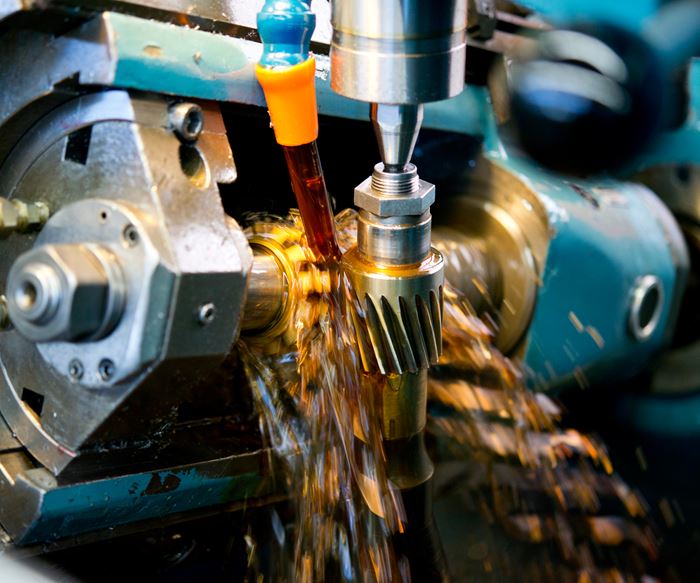
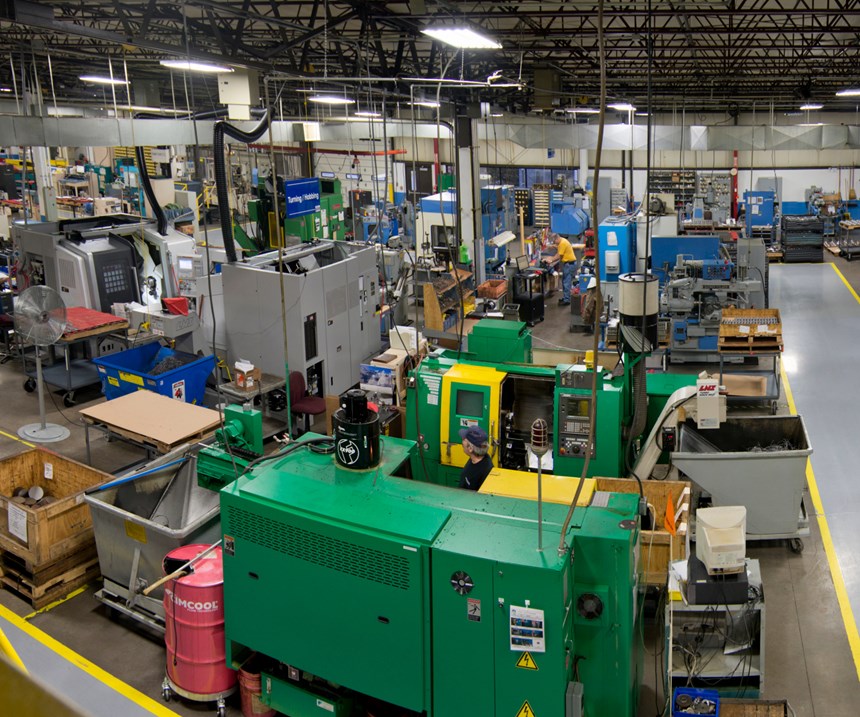
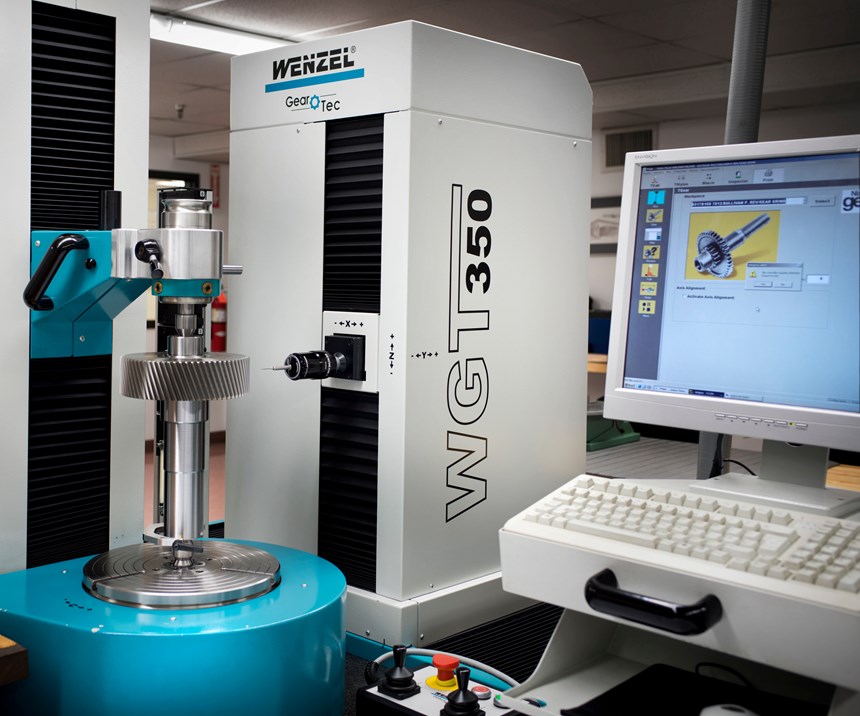











.jpg;maxWidth=300;quality=90)



.jpg;maxWidth=300;quality=90)



